MCPs
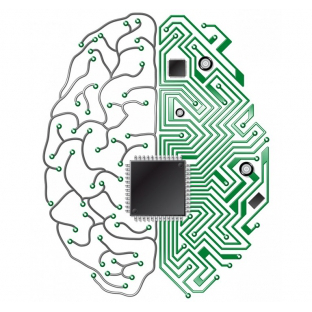
Brain-IT
In Brain-IT MCP we use and develop e-Science approaches in the cross-disciplinary domain of brain science and information technology (IT) with particular focus on large-scale brain data analysis, brain modeling and simulations.

Data Science
The research in e-Science is becoming increasingly data-driven, using methods from the neighboring fields of Data Science, Machine Learning, and AI. The aim of the Data Science MCP is to bring together researchers interested in data-driven methods, in order to spread and develop knowledge among the different application areas of SeRC.
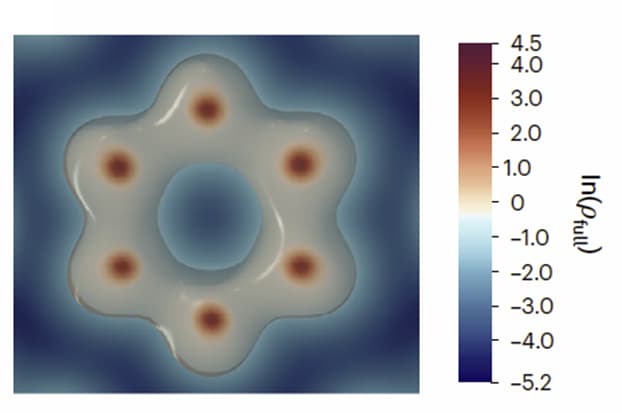
Method Development for Materials Design (MD2)
MD2 researchers focus on methodological developmental work using demonstrated expertise in electronic structure theory and in collaboration with core SeRC areas, data sciences and scientific visualization targeted towards applications in materials science. A central theme in MD2 is a synergy of activities enabling digital twin modeling in materials design.
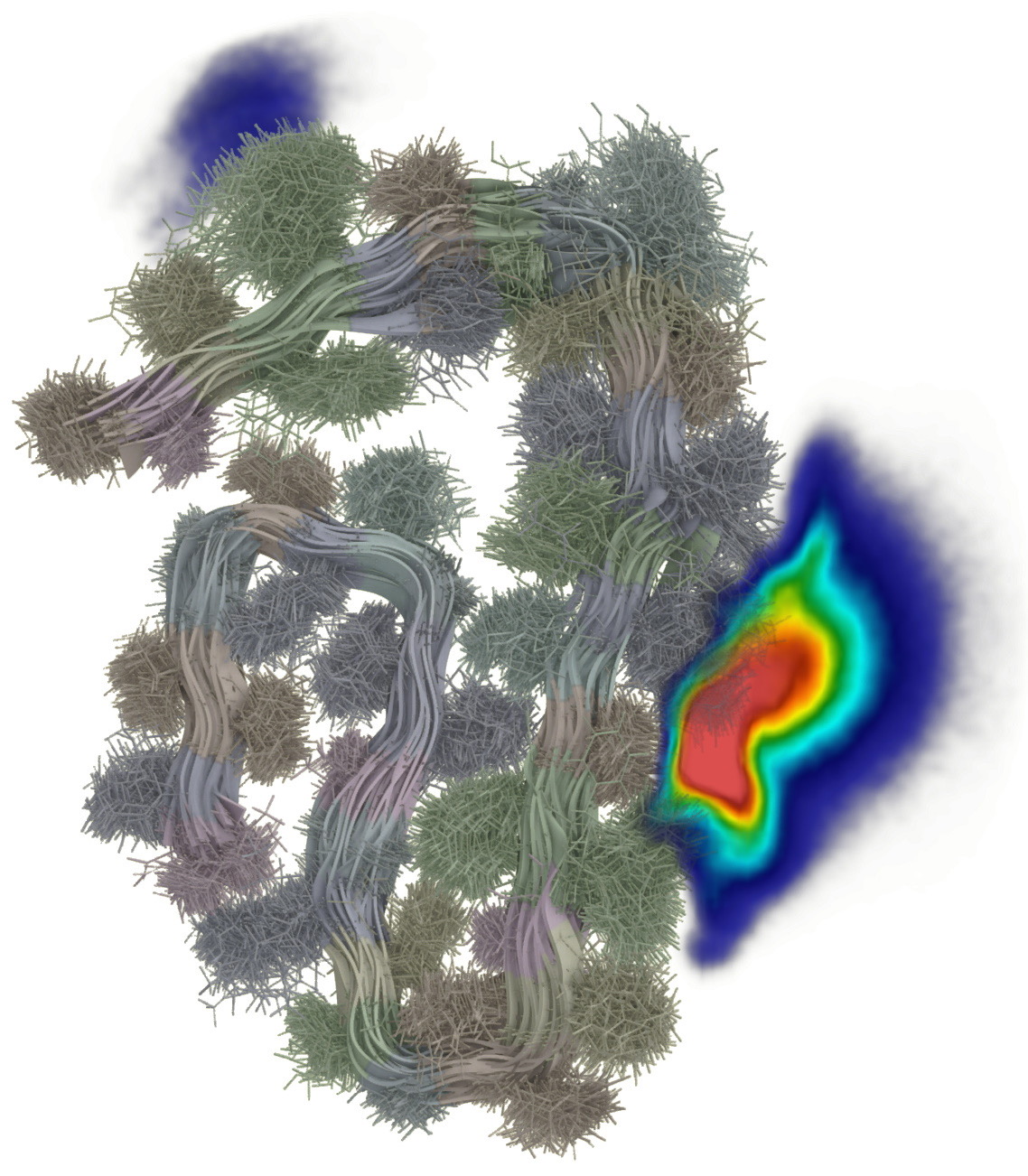
Methods for Efficient Visual Data Analytics in e-Science Applications
The MCP focuses on the development of efficient, reliable, and scalable visual analytics environments tailored to large-scale, complex data for explorative data analysis and science communication. Close collaboration of expertes of SeRC e-Science applicaitons and visualization expertes is the core of the project ensuring relevance and practicability.
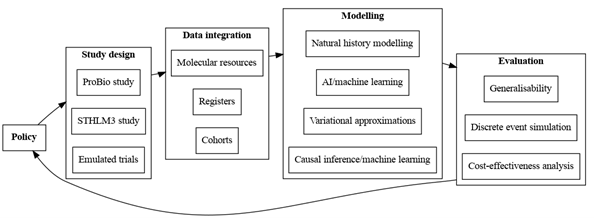
Methods for Precision Health (eMPHasis)
The eMPHasis MCP brings eScience experts (statistics, bioinformatics, computer science) together with molecular scientists, epidemiologists and clinicians to develop eScience tools and methods for precision health. From a methodological perspective, we develop statistical learning and data analytics methods and apply them to medical data science.
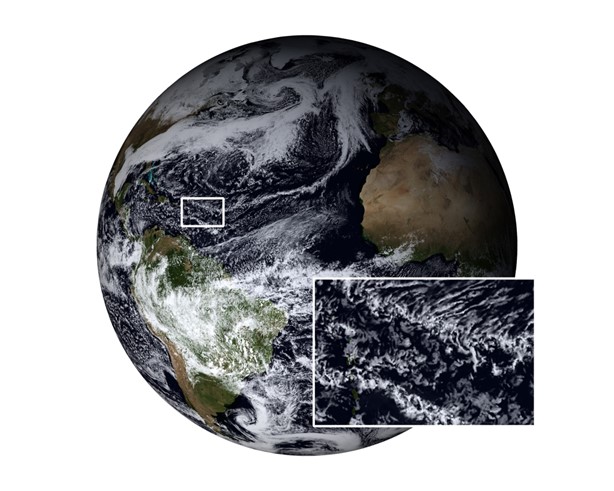
Modelling for Geophysics and Climate (M3)
Geophysical fluid dynamics modelling ranges from Direct Numerical Simulation to Earth System Modelling, with a common basis in numerical solution of the equations of motion. From boundary layer turbulence to cloud formation, from ice sheet motion to the future climate under strong CO2 forcing; in this MCP we bring together model developers and users across scales, and across application areas within the domain of modelling relevant for geophysical and complex flow dynamic.
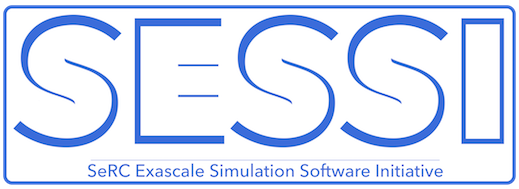
SESSI (SeRC Efficient Simulation Software Initiative)
SESSI’s goal is to advance science by improving performance towards the exascale of key scientific codes. To use exascale machines efficiently, new and advanced algorithms are needed for both acceleration (GPUs) and parallelization. Developing these requires deep and specialized computer science knowledge about algorithms, communication patterns and the hardware, which SESSI provides through application and computer science experts.




